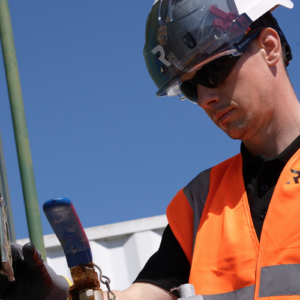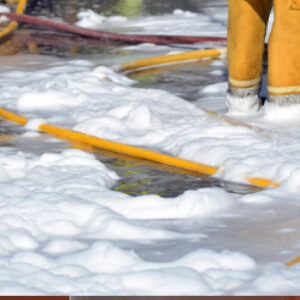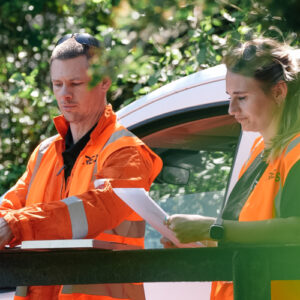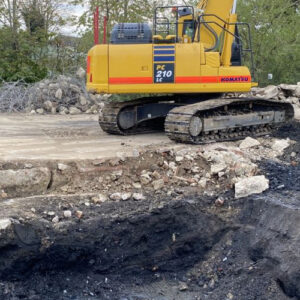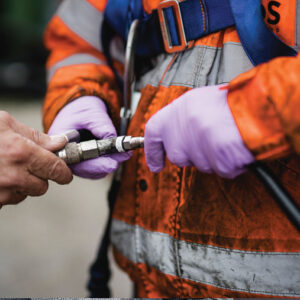Reducing the environmental impact of fuel storage

Fuel storage is an essential aspect of operations for many of our clients in the fuel industry. However, improper fuel storage can lead to significant environmental impacts, including soil and water contamination, air pollution, and increased carbon emissions. To mitigate these risks, better fuel management practices are essential. We have pulled together some tips on how to reduce your environmental footprint through improved fuel storage management.
Regular maintenance and inspections
Regular maintenance and inspections of fuel storage tanks and their associated infrastructure are crucial to prevent leaks and spills. This includes checking for signs of corrosion, ensuring seals and fittings are intact, and verifying that monitoring systems are functioning correctly. Don’t wait until it’s too late; you can avoid environmental contamination and costly cleanup operations by identifying and addressing potential issues early.
Upgrade to double-walled tanks
Single-walled fuel tanks pose a higher risk of leaks than double-walled tanks, which provide an additional layer of protection. Upgrading to double-walled tanks can significantly reduce the risk of environmental contamination. These tanks often come with built-in leak detection systems that alert operators to potential issues before they become major problems. Secondary containment is designed to capture and contain any leaks or spills from the primary storage tank, preventing fuel from reaching the external environment. Ensuring that the containment systems are appropriately sized and well-maintained is critical for effective environmental protection.
Utilise fuel polishing systems
Fuel polishing systems help maintain fuel quality by removing contaminants such as water, microbes, and particulates from stored fuel. We recommend sampling your fuel every 12 months as part of ongoing preventative maintenance to manage your stored fuel, preventing potential operational issues and costly repairs. By polishing where sample reports suggest, it will be beneficial to install a fixed fuel polishing unit to regularly recirculate your fuel through a filtration system which can be a great improvement.
Adopt advanced monitoring technologies
Advanced monitoring technologies, such as automated tank gauging systems and remote monitoring solutions, provide real-time data on fuel levels, temperature, and potential leaks. These technologies allow you to monitor your fuel storage systems more effectively and respond quickly to any issues. Implementing these systems can enhance environmental safety and improve operational efficiency.
Develop and implement a spill response plan
Having a well-defined spill response plan is essential for minimising the environmental impact of fuel spills. The plan should outline the steps to be taken in the event of a spill, including containment, cleanup, and notification procedures. At REDS we offer our clients bespoke spill response training designed specifically around site-specific spill plans, prepared and delivered by our Environmental team.
Opt for sustainable fuel alternatives
Where possible, consider using sustainable fuel alternatives such as biofuels or renewable diesel. These alternatives can significantly reduce greenhouse gas emissions and other pollutants compared to traditional fossil fuels. Integrating sustainable fuel options into existing operations can enhance your company’s environmental credentials. Before switching to an alternative fuel, it’s crucial to thoroughly clean your fuel tank. This ensures that any traces of traditional fuel and previous contaminants are completely removed.
Conduct regular environmental audits
Regular environmental audits can help identify areas that need improvement. These audits should assess compliance with environmental regulations, the effectiveness of existing management practices, and opportunities for implementing more sustainable solutions. Acting on the findings of these audits can lead to significant environmental benefits.
Engage with environmental consultancy services
Partnering with an environmental consultancy can provide businesses with expert advice and tailored solutions for improving their fuel management practices. Consultants can conduct site assessments, recommend best practices, and help navigate complex environmental regulations. Our Environmental team operates as an independent consultancy, backed by £5M PI insurance and over 25 years of contaminated land experience.
Related News

